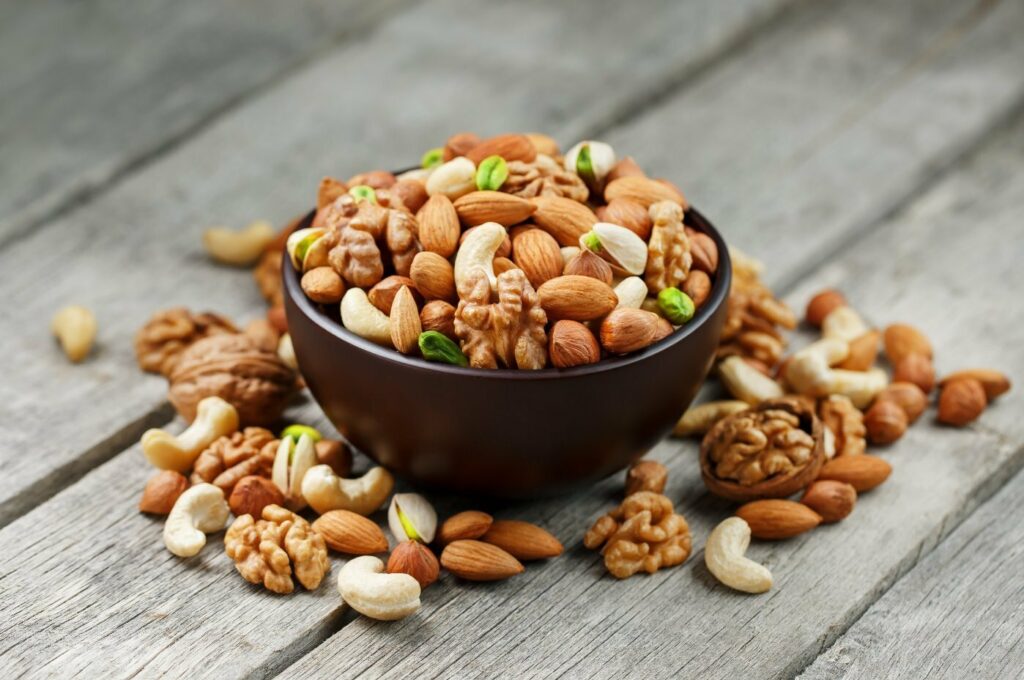Dry January has become a popular movement around the world, encouraging people to give up alcohol for the entire month of January. The concept, launched by Alcohol Change UK in 2013, has gained momentum over the years, with millions of participants committing to 31 days of sobriety at the start of the year. While it might initially seem like a challenge primarily aimed at reducing alcohol intake, Dry January offers a wide range of health benefits that go beyond simply abstaining from alcohol.
In this guide, we will explore the health benefits of Dry January, examining how taking a break from alcohol can positively impact both your physical and mental well-being. Whether you’re participating for the first time or considering it as a long-term commitment, understanding these benefits can motivate you to make the most of your alcohol-free month.
Why Participate in Dry January?
Before diving into the specific health benefits, it’s essential to understand why Dry January has become such a popular initiative. Many people participate as a way to “detox” after the festive season, which is often filled with holiday parties and social gatherings where alcohol is frequently consumed. Others use Dry January as an opportunity to reset their relationship with alcohol, either as a personal challenge or as a way to reassess drinking habits.
Beyond these reasons, Dry January offers a unique opportunity for self-reflection and positive change. It provides a clear goal with a defined time frame, making it easier to stay motivated. By committing to one alcohol-free month, participants can take tangible steps toward improving their health, saving money, and experiencing a variety of wellness benefits.
The Physical Health Benefits of Dry January
- Improved Liver Function
One of the most significant health benefits of Dry January is its positive effect on liver function. The liver is responsible for processing and filtering out toxins, including alcohol. When you consume alcohol regularly, the liver works harder to metabolize it, leading to inflammation and damage over time. By cutting out alcohol for a month, you give your liver a much-needed break, allowing it to repair itself and function more efficiently.
Research shows that just four weeks of abstaining from alcohol can lead to a noticeable reduction in liver fat, which is an early indicator of liver disease. Reduced liver fat improves overall liver health, lowering the risk of more severe conditions like fatty liver disease, cirrhosis, and liver cancer.
- Better Sleep Quality
Another notable benefit of Dry January is improved sleep quality. Although alcohol is often seen as a way to relax and unwind, it can actually disrupt your sleep cycle. Alcohol consumption, especially in larger quantities, interferes with REM (rapid eye movement) sleep, which is the most vital phase of sleep. As a result, even if you fall asleep quickly after drinking, your sleep may be less restful and less rejuvenating.
When you eliminate alcohol, your body can experience deeper, more restorative sleep cycles. Many people who participate in Dry January report feeling more rested and energized during the day as their sleep patterns improve.
- Weight Loss
For many people, reducing or eliminating alcohol intake can lead to weight loss. Alcoholic drinks, especially cocktails and sugary mixers, are high in calories and often consumed in addition to regular meals. When you remove alcohol from your diet, you also eliminate a significant source of “empty” calories—calories that provide no nutritional value.
Moreover, alcohol can lead to poor food choices and late-night snacking, further contributing to weight gain. Without alcohol influencing your appetite and cravings, you may find it easier to stick to a healthier diet and reduce your overall calorie intake.
- Improved Hydration
Alcohol is a diuretic, which means it increases urine production and can lead to dehydration. Chronic dehydration from regular alcohol consumption can cause a range of problems, including dry skin, headaches, and fatigue. By participating in Dry January, your body can better regulate its hydration levels.
Staying adequately hydrated is essential for overall health. It supports digestion, circulation, and the maintenance of healthy skin. Many people who take part in Dry January notice an improvement in their skin’s appearance, with less dryness, fewer breakouts, and a more radiant complexion.
- Boosted Immune System
Excessive alcohol consumption weakens the immune system, making the body more susceptible to infections and illnesses. Alcohol impairs the production and function of immune cells, reducing the body’s ability to fight off pathogens. By taking a break from alcohol, you can strengthen your immune system and better protect yourself from common illnesses like colds and flu.
This is especially important during winter months when people are more likely to get sick. Dry January can help you start the year with a more robust immune system, giving your body a better chance to stay healthy.
The Mental Health Benefits of Dry January
- Improved Mental Clarity
One of the critical mental health benefits of Dry January is the increased mental clarity that comes from abstaining from alcohol. Alcohol is a depressant that can affect cognitive function, leading to foggy thinking, poor concentration, and memory problems. Over time, regular drinking can impair brain function, making it harder to focus and think clearly.
By eliminating alcohol, participants often report feeling more mentally sharp and alert. This enhanced clarity can help improve productivity at work or in daily tasks, as well as support better decision-making.
- Reduced Anxiety and Stress
While many people use alcohol as a way to cope with stress or anxiety, it often has the opposite effect. Alcohol can temporarily relieve stress, but it can also exacerbate anxiety and lead to mood swings. The “anxiety” that follows a night of drinking—feelings of guilt, worry, or nervousness—can increase feelings of stress the next day.
Dry January provides an opportunity to break this cycle. Without alcohol, many participants report feeling more emotionally balanced and less anxious. Additionally, facing daily stressors without relying on alcohol encourages the development of healthier coping mechanisms, such as exercise, mindfulness, or talking with a friend.
- Better Mood and Mental Well-being
As alcohol affects neurotransmitters in the brain, regular drinking can interfere with mood regulation. Over time, this can lead to feelings of depression or mood swings. By cutting out alcohol, many people notice a more stable and positive mood. This is because the body’s natural chemical balance begins to return to normal without the depressive effects of alcohol.
In addition, better sleep, improved hydration, and a clearer mind contribute to an overall sense of well-being. Many participants of Dry January report feeling happier, more optimistic, and more energized.
The Social and Financial Benefits of Dry January
- Better Relationships
For some, alcohol can strain personal relationships. Whether it’s due to overindulgence leading to conflicts or simply being less present in conversations, alcohol has the potential to impact how we interact with others negatively. By abstaining from alcohol for a month, you can become more mindful of your interactions and strengthen your connections with family, friends, and coworkers.
Without the influence of alcohol, communication often becomes more precise and more meaningful. You may also find yourself more engaged in social activities and able to enjoy gatherings without the need for a drink.
- Saving Money
Alcohol can be expensive, especially when consumed regularly at restaurants, bars, or even at home. By participating in Dry January, you’ll likely notice a significant financial saving by the end of the month. This is money that can be redirected towards other goals, such as health-related activities, travel, or simply building up savings.
Many people are surprised by how much they save during Dry January, which can be an added incentive to reduce alcohol consumption in the long term.
Long-term Effects: What Happens After Dry January?
While the focus of Dry January is on the short-term health benefits of Dry January of going alcohol-free for 31 days, many participants find that the effects extend beyond January. Some people choose to reduce their alcohol intake permanently after experiencing positive health changes, while others continue to enjoy alcohol in moderation but with a healthier relationship to it.
The experience of Dry January can serve as a powerful reset for your body and mind, allowing you to reassess your drinking habits and make more informed decisions about your alcohol consumption going forward.

